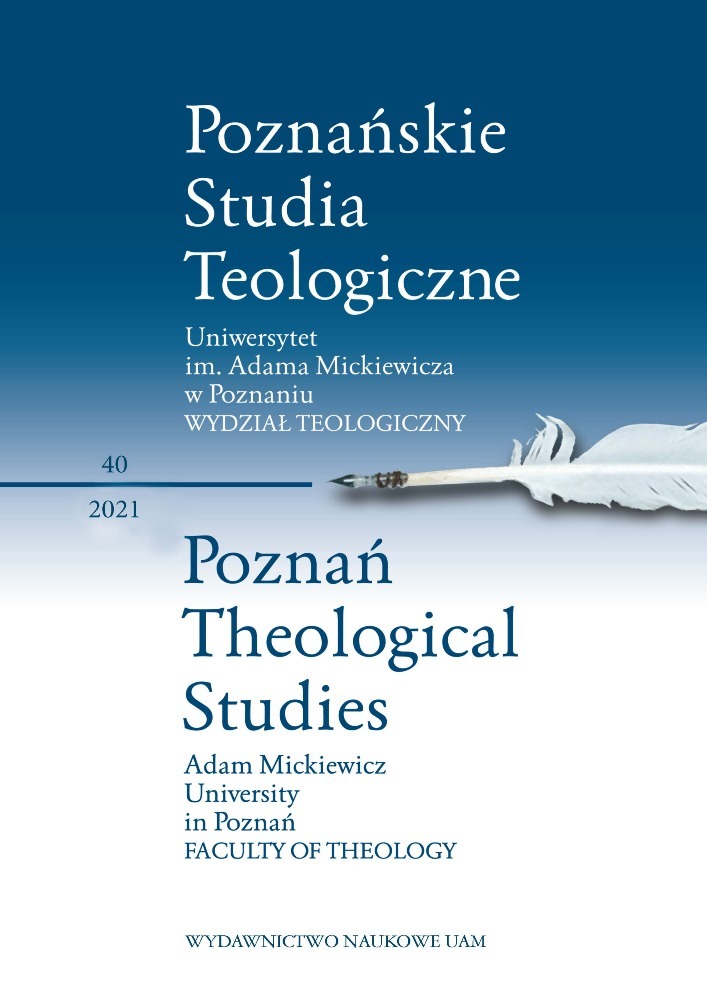Abstract
In the article the author presents the principles of ruling in various high offices on the basis of Variae by Cassiodorus – the work of great importance to historiography and the European culture. The work consists of twelve books – official documents and the royal ones from the years 489-538. On the basis of the source text, especially books 11th and 12th of Variae, the most important documents are analysed. These documents were written at the time of serving in the administration of the king of Ostrogoths, when Cassiodorus was the praetorian prefect. The paper is divided into four parts. The first point is devoted to the description and the scope of activity of the praetorian prefect, pointing to his high qualifications, integrity and responsibility for the country. In the second point the author presents the two rules that should be followed by officials: being obedient and loyal to the authority, as well as preserving the law. The next point is devoted to preferment and the payment officials received, which resulted from working in public service. The last point is devoted to combating corruption and malpractice, especially bribery, theft and breaking the law. The issues raised in this paper are still current and the principles of ruling in various high offices proposed by Cassiodorus are still of high standards for the person who holds an office in the government.
References
Bürsgens W., Einleitung, w: Cassiodorus, Institutiones divinarum et saecularium litterarum, ed. W. Bürsgens (FC 39/1-2), Freiburg im Breisgau 2003, s. 9 -88.
Cappuyns M. D., Cassiodore, DHGE XI, Paris 1949, s. 1349-1408.
Cassiodorus, Anecdoton Holderi. Ein Beitrag zur Geschichte Roms in ostgotischer Zeit, ed. H. Usener, Hildesheim-New York 1969.
Cassiodorus, De anima. Liber de anima, ed. J. W. Halporn (CCL 96), Turnhout 1973, s. 535-575.
Cassiodorus, De orthographia (PL 70, 1239-1270).
Cassiodorus, Institutiones divinarum et saecularium litterarum, ed. W. Bürsgens (FC 39/1-2), Freiburg im Breisgau 2003.
Cassiodorus Senator, Variae, MGH AA XII, T. Mommsen, ed. Berolini 1894; Variarum libri XI, A. J. Fridh, ed. CCL, Turnholti 1973; Kasjodor Senator, Variae (I-XII), tłum. A. Kołtunowska, Przedmowa, Księgi I-V.IX, R. Sawa - Księgi VI-VIII.X-XII, rewizja przekładu i opracowanie M. Ożóg, H. Pietras, Synody i Kolekcje Praw, t. XI, (ŹMT 79), Kraków 2017.
Ensslin W., Primicerius, w: Realencyclopädie der classischen Altertumwissenschaft, Supplementband VIII, Stuttgart 1956, kol. 614-624.
Fridh A. J., Cassiodor, TRE VII, Berlin-New York 1981, s. 657-663.
Górski G., Historia administracji, Kraków 2011.
Jakubowski I., Stanowisko pretora w „Kodeksie Teodozjańskim” o „Nowelach Postteodozjańskich”, „Acta” UL 32(1978), s. 35-45.
Kakridi Ch., Cassiodors Variae. Literatur und Politik im ostgotischen Italien, Leipzig-München 2005.
Kieling M., Rola Pisma Świętego i „artes liberales” w kształtowaniu nauk teologicznych i świeckich według Kasjodora, Poznań 2011.
Mommsen T., Ostgotische Studien: Historische Schriften 3, Berlin-Dublin-Zürich 1965.
O’Donnell J. J., Cassiodorus, Berkeley-Los Angeles-London 1979.
Ożóg M., „Inter duas potestates”. Polityka religijna Teoderyka Wielkiego, Kraków 2012.
Ożóg M., Rozporządzenia prawne Teoderyka Wielkiego w kwestiach religijnych w „Variae” Kasjodora, w: Rzymianie i barbarzyńcy. Religia - polityka - kultura. Materiały V kongresu mediewistów polskich, t. 6, Rzeszów 2019, s. 169 -188.
Ruciński S., „Praefectus Urbi”. Strażnik porządku publicznego w Rzymie w okresie wczesnego Cesarstwa, Poznań 2012.
Skibiński T., „Gothorum romanorumque consensus”. Jedność Gotów i Rzymian w działalności politycznej Amalasunty, „Vox Patrum” 36(2016), t. 66, s. 235 -249.
Zimmermann O. J., The Late Latin Vocabulary of the „Variae” of Cassiodorus, With Special Advertence of the Technical Terminology of Administration, Washington 1944.
License
Copyright (c) 2021 Michał Kieling

This work is licensed under a Creative Commons Attribution-NonCommercial-NoDerivatives 4.0 International License.

